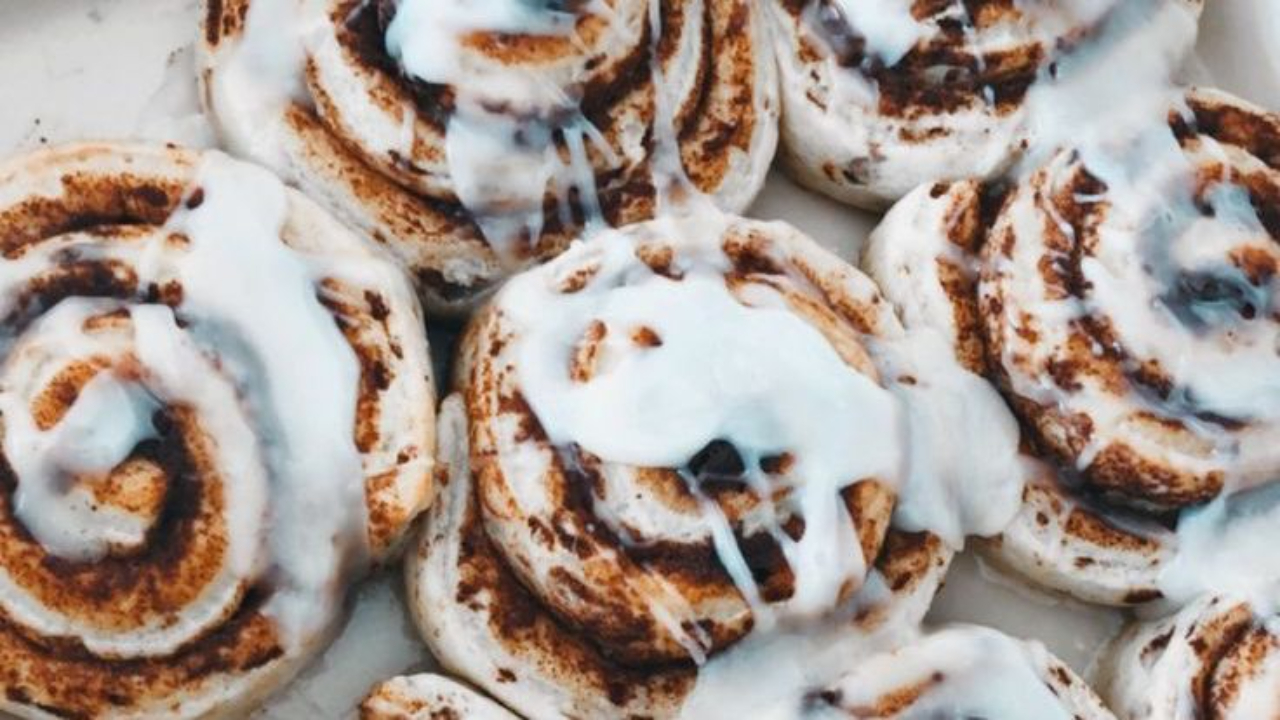

Why You’re Still Bingeing—Even If You “Aren’t Restricting”

If you’ve done the work to stop counting calories, tossed out the diet apps, and started allowing more freedom with food—yet you still find yourself bingeing—you’re not alone. One of the most frustrating parts of healing your relationship with food is realizing that restriction isn’t always obvious. It can show up in subtle, sneaky ways that still keep your body and brain in survival mode.
Here are a few common reasons you might still be struggling with binge eating, even if you think you’re not restricting:
1. You’re stuck in an “All or Nothing” mindset.
If you’ve ever found yourself thinking,
“I already ate one, so I might as well eat all of them,”
or
“I was already ‘bad’ today, so might as well say f* it,”**
—then you know the power of black-and-white thinking.
This mindset is incredibly common when you’re trying to unlearn diet rules. You may have given yourself permission to eat more freely, but without true psychological permission, you might still feel out of control around foods that were once “off-limits.” This doesn’t mean you’re failing—it means you’re still learning how to trust yourself with food and find a sustainable middle ground.
2. You’re saving calories for the end of the day.
Even if you’re not counting calories anymore, “saving up” for later is a form of restriction. Whether it’s skipping breakfast, eating a tiny lunch, or pushing through hunger during the day, your body notices.
When you finally give yourself permission to eat—usually at night—you’re more likely to be ravenous, both physically and psychologically. The result? A binge that feels almost inevitable. Honoring your hunger throughout the day, and giving yourself permission to eat enough, helps your body feel safe and satisfied—so you don’t crash into that nighttime hunger wall.
3. You’re still holding onto food rules.
Restriction isn’t just about how much you eat—it’s also about how you think about food.
Even if you’re eating more than before, you might still be telling yourself:
-
“I shouldn’t be eating this.”
-
“I need to make up for this later.”
-
“I can only eat at certain times.”
-
“Weekends don’t count.”
Rules like these keep you in a restrict-binge cycle, even if they seem “reasonable” on the surface. Healing means questioning where those rules came from—and whether they’re actually helping you.
4. You’re not addressing the real emotional needs.
Food is comforting—and that’s okay. But when food becomes the only tool for coping with emotions, it makes sense that you’d turn to it often, especially in times of stress, loneliness, boredom, or overwhelm.
Bingeing isn’t just about food—it’s also about unmet needs. What do you actually need in those hard moments? Comfort? Rest? Connection? Expression? Support?
Taking time to pause and acknowledge what you’re feeling—even if it’s just for a moment—can help you respond with more care and intention, instead of reacting automatically.
Bottom Line
Bingeing doesn’t just come from physical restriction—it often stems from a deeper place of fear, mistrust, and unmet emotional needs. The good news? You don’t need more willpower. You need more compassion, more nourishment, and more support in building trust with your body and your emotions.
Healing is messy and nonlinear, but it is possible. You deserve freedom with food—not just in how you eat, but in how you think and feel about it, too.
Ready to break free from the binge-restrict cycle for good?
If this resonated with you, you don’t have to navigate it alone. I offer individual therapy, group support, and workshops designed to help you heal your relationship with food, body, and self—without shame, judgment, or rigid rules.
👉 Explore ways to work with me
Whether you're just starting out or looking to go deeper, there's a path for you.

